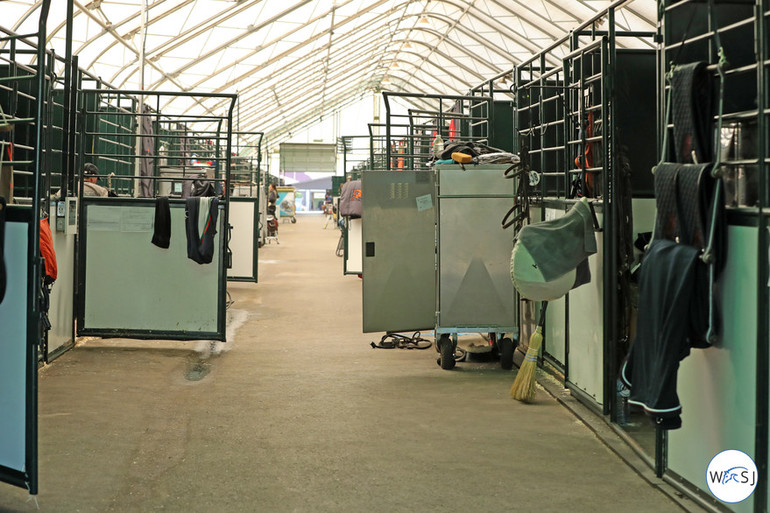November newsletter from the International Jumping Riders Club
To protect horses’ welfare and reduce contamination risks, the IJRC proposes norms to improve stable security at all events.
One of the most important issues currently affecting jumping, as discussed at the FEI Round Table and during the last International Jumping Riders Club (IJRC) General Assembly, is ‘security’: That is, the need for improved security and checks in competition stables. To this end, rigorous and targeted regulations are required.
All riders live through competition days in great fear of a good result being overturned because of a positive doping test, which, after a long and complex procedure, may turn out to have been caused by contamination. This, unfortunately, is the scourge currently affecting many riders, a scourge impossible to stem because of the unpredictability and infinite variables on which it depends.
The IJRC therefore asks for an urgent intervention from the FEI regarding two key points of stable security:
- Horse welfare: horses must be permitted to repose peacefully in their stables without continual requests and disturbances from people, noise or anything else.
- Contamination: an excessive number of contamination cases (FEI source: 41 in 2 years) currently places riders at risk of suspension with devastating consequences. Also connected to contamination, the parameters of anti-doping tests have become excessively severe.
Articles 10.4 e 10.5.2 of the Equine Anti-Doping Regulations state that: ‘The Person Responsible and/or member of the support personnel must also establish how the Banned Substance entered the horse’s system in order to have the period of ineligibility and other sanctions eliminated.’
However, it is extremely difficult, if not impossible, to have total control over everything a horse ingests or comes into contact with; while the list of substances banned by the Anti-Doping Regulations is extremely long. It is therefore necessary to improve guarantees regarding security and checks in stables, with supervisions carried out both before and during events to avoid the possibility that errors, negligence, carelessness or actions of third parties could damage the horses.
The IJRC therefore believes it is extremely urgent, and necessary, to add the following measures to the FEI show jumping regulations, to be applied during all events:
- Certification of disinfection of stables (since the same box is used by different horses in different competitions).
- Stables must be found locked according to correct procedures on the horse’s arrival (not with plastic strips but with a chain).
- Straw must be packaged and sealed (with an attached certificate).
- Hay and other foodstuffs sold by the organising committee must have a certificate of guarantee declaring them to be free of doping substances and assuming responsibility on the part of the organising committee in case of contamination.
- Stables must reduce the number of accredited persons allowed into the stabling zone.
- Non-authorised visits to stables must be banned.
- Dogs must be banned from the stabling zone.
- Security checks must be carried out at the stables entrance.
- Video surveillance must be made obligatory at all high- profile events and highly recommended to organising committees of all other shows.
The intention of the IJRC is to work with all involved for the betterment of our sport. However, IJRC's prime concern is the security and welfare of the horses, which have absolute priority.
If the above-mentioned measures fail to be introduced, the IJRC believes that full responsibility cannot be attributed to riders in contamination cases, as established by the current FEI norms. When a rider infringes the rules, deliberately or accidentally, he or she must be punished with a suspension or yellow card.
However, the IJRC believes that not only the rider, but all those responsible for a controversial action or behaviour must be sanctionable.









